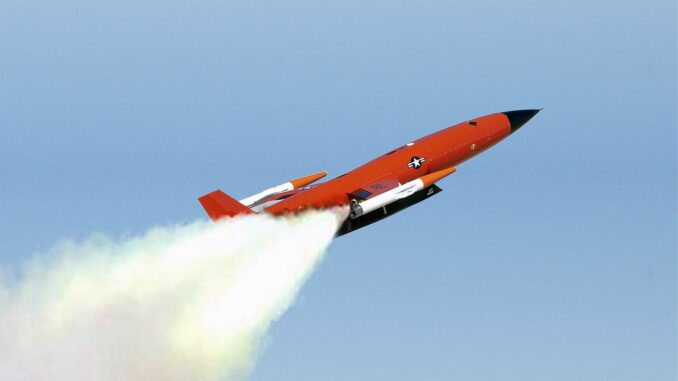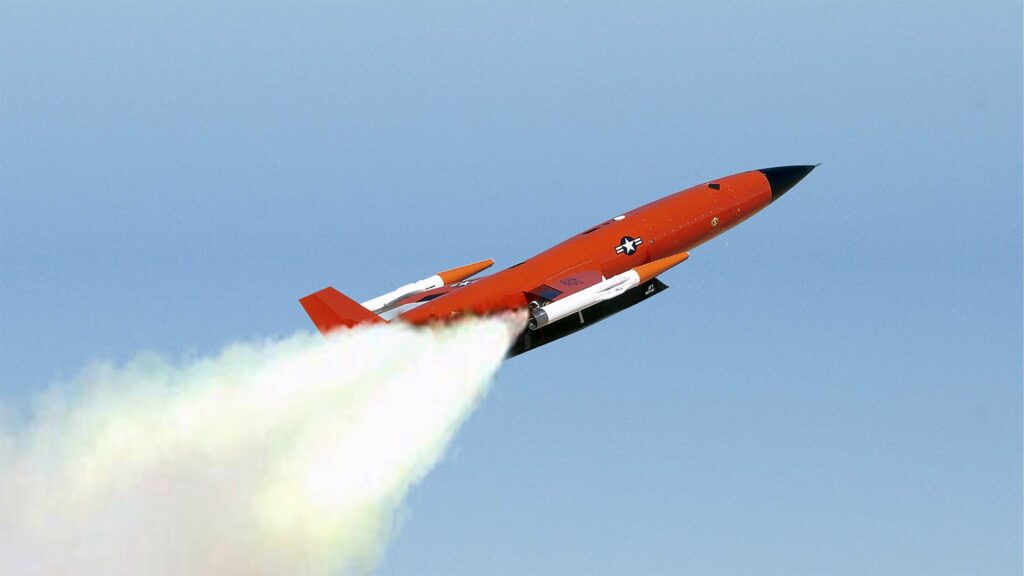
US Navy orders 70 BQM-177A subsonic target drones to improve preparedness against anti-ship missiles.
Towards greater preparedness against maritime threats
The US Navy has taken a significant step towards enhancing its crews’ preparedness against anti-ship cruise missiles, by signing a $57.7 million contract with Kratos Defense & Security Solutions Inc. The contract calls for the construction of 70 BQM-177A subsonic target drones, essential tools for training aircraft and warship crews. Designed to mimic the behavior and radar cross-section of subsonic and sea-skimming anti-ship missiles, these UAVs will enable realistic simulations of air-to-air engagements.
The BQM-177A, a new-generation unmanned aerial vehicle (UAV), boasts exceptional capabilities, such as a speed in excess of 0.95 Mach and a flight altitude grazing the sea of up to 10 feet. These features make it ideal for faithfully simulating the subsonic threats the fleet could face. The drone carries a variety of sensors and decoy systems, enhancing its role in improving naval training.

A major breakthrough with multiple implications
The introduction of the BQM-177A target drones represents a major step forward in the US Navy’s ability to train its crews to effectively counter modern threats. From a technical point of view, these UAVs enable realistic simulation of anti-ship missiles, providing invaluable hands-on training in threat detection, tracking and neutralization.
Strategically, the enhanced training provided by the BQM-177A strengthens the Navy’s defensive posture, increasing its ability to protect its ships and crews from missile attack. This enhanced ability to accurately simulate enemy threats ensures optimal preparedness, crucial in a geopolitical context where missile technologies are developing rapidly.
However, this progress is not without consequences. Deploying more advanced target drones requires significant investment, both in financial terms and in human resources for maintenance and operation. What’s more, the constant evolution of enemy missile technologies means that target drone capabilities must be regularly updated to maintain their relevance.
Furthermore, this initiative underlines the importance of international cooperation, as evidenced by the inclusion of Canadian and Australian military personnel in the contract. This sharing of resources and knowledge is crucial to addressing common threats and strengthening global maritime security.
The contract for the BQM-177A target drones marks a major step forward in improving the training of US Navy crews, providing realistic and practical simulation of anti-ship missile threats. This step forward, while strengthening defense preparedness, underlines the importance of continuous adaptation and international cooperation in the face of evolving maritime threats.
War Wings Daily is an independant magazine.